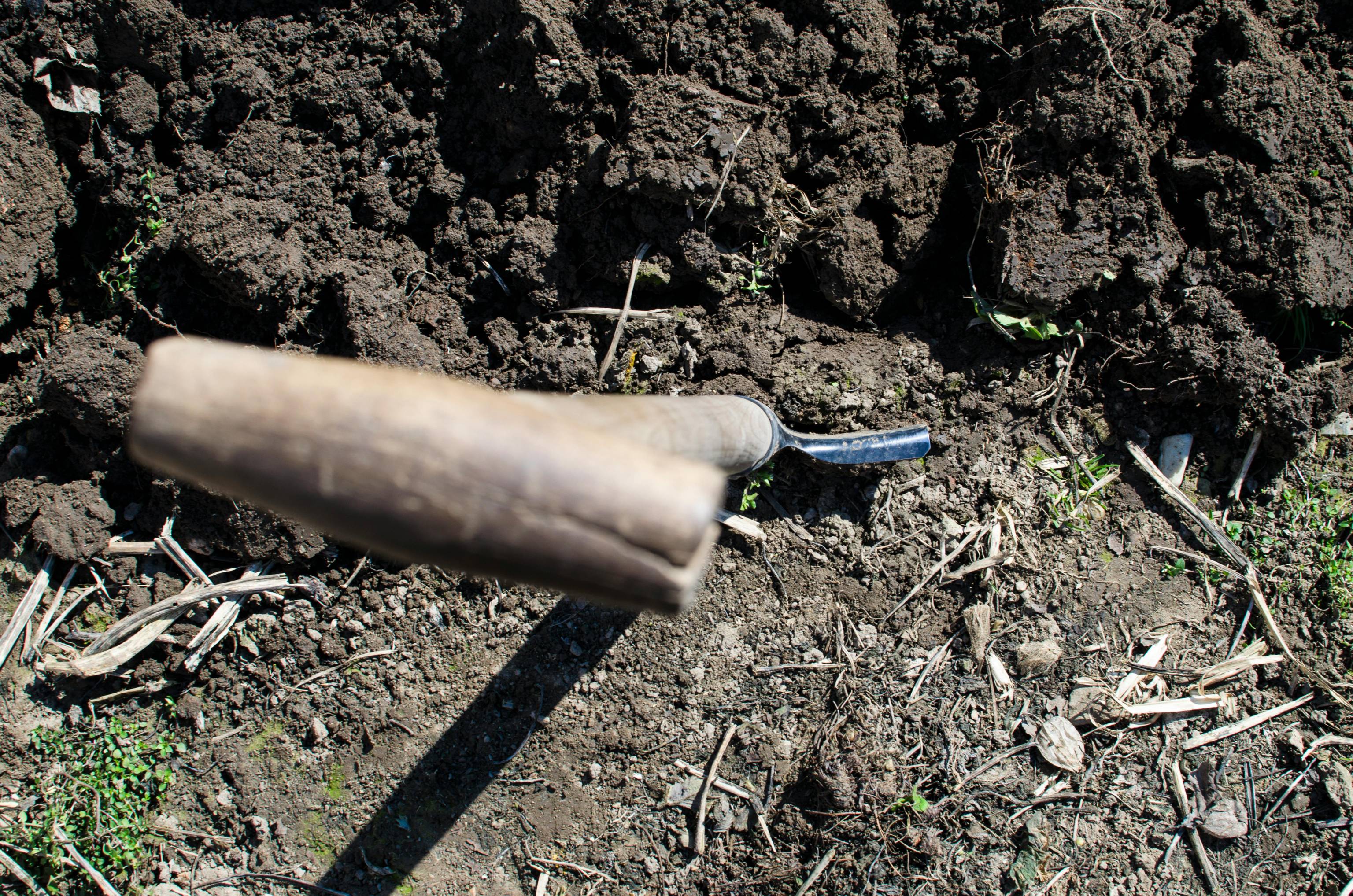Farmer in Buenos Aires Uses Sustainable Agriculture to Challenge Gender Roles, Build Community
Farmer in Buenos Aires Uses Sustainable Agriculture to Challenge Gender Roles, Build Community

In the heart of Buenos Aires, a unique farm is breaking down barriers and fostering a sense of belonging for marginalized communities. La Granja Puerta del Sol, owned and operated by farmer Dani Ramirez, is pioneering a new approach to agriculture that emphasizes inclusivity, sustainability and empowerment, while challenging traditional gender roles.
Dr. Lee O'Donnell, assistant professor in the Department of Curriculum and Instruction, has documented Ramirez's efforts in a research project. Her study explores the intersection of feminist practices of freedom, urban agriculture and democratic education, highlighting the transformative power of community engagement and sustainable agriculture.
"I was interested in understanding how movements and activism are sustained over time, particularly within the context of education," Dr. O'Donnell said, explaining her motivation for the research.
O’Donnell will be presenting her work Articulating a democratic education through feminist practices of freedom and urban farm movements in Buenos Aires, Argentina this summer at the Royal Anthropological Institute's Anthropology and Education Conference in London. The theme of the conference is Anthropology and Education, a focus that is sparked by the multiple contemporary challenges that are faced within the teaching and education discipline.
O’Donnell’s study sheds light on Ramirez's unique approach to farming, which defies societal norms and gender expectations. Ramirez identifies as transgender, and they and their team at La Granja strive to challenge the notion that farming is a cisgender male-dominated profession. Instead, they create a welcoming environment where everyone, especially LGBTQ+ individuals, can feel accepted and valued.
Ramirez's commitment to inclusivity extends beyond the farm. Events like the "Open Closet" fashion show allow community members to express themselves freely and find support within the LGBTQ+ community. The event, which showcases inclusive fashion designs and promotes sustainability, is part of Ramirez's larger goal to challenge traditional notions of gender and promote social justice.
Despite progress in transgender rights, such as Argentina's Gender Identity Law of 2012, the study highlights ongoing challenges faced by transgender individuals in accessing basic services like healthcare and education. Ramirez's work at La Granja serves as a beacon of hope, reminding society of the importance of resilience, activism and collective action in creating a more equitable future.
As Argentina strives for greater equality, spaces like La Granja Puerta del Sol stand as powerful examples of the transformative potential of sustainable agriculture and community engagement. Through their dedication to challenging gender norms and fostering empowerment, Ramirez and their team, with Dr. Lee O'Donnell's research documenting their impact, are paving the way for a more inclusive and sustainable society.